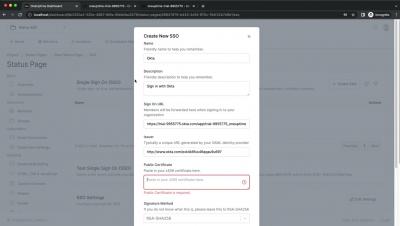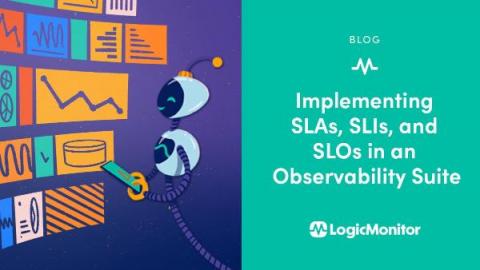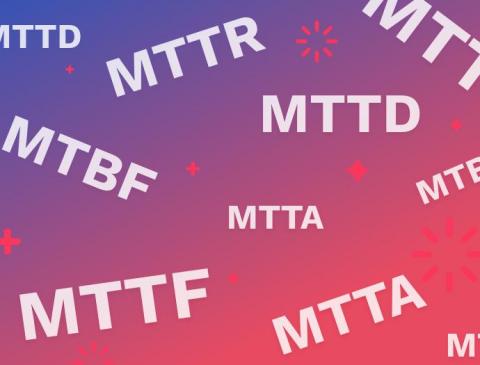On-Call Management
On-call management is a process for managing after-hours support. Cloud on-call scheduling tools allow self-service and mobile access. Multi-channel communications (email, SMS, phone, mobile push notifications and chat) ensure that the alert gets through. AlertOps sends rich alerts, so the on- Call support engineer has all the information they need to know.










